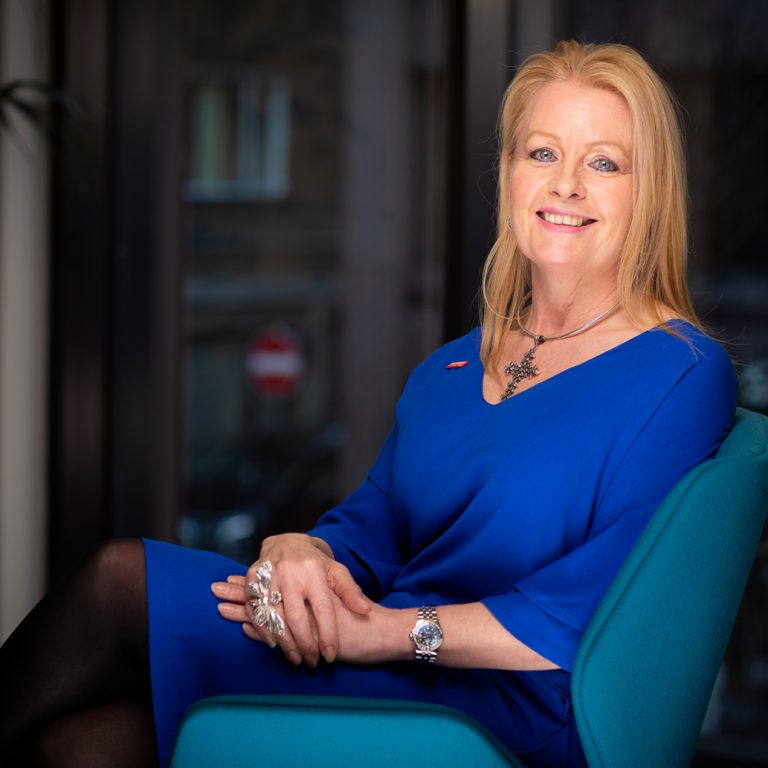Sir Robert McAlpine celebrated its 150th anniversary as a British, family-owned business in its 5th generation. It has a proud, hard-won reputation for delivering on time and budget and never walking away. Today, the sector seriously lacks diversity and this is a company determined to lead the way to true equality and inclusion, opening up construction engineering to the widest possible demographic, diversity of thought and background.







